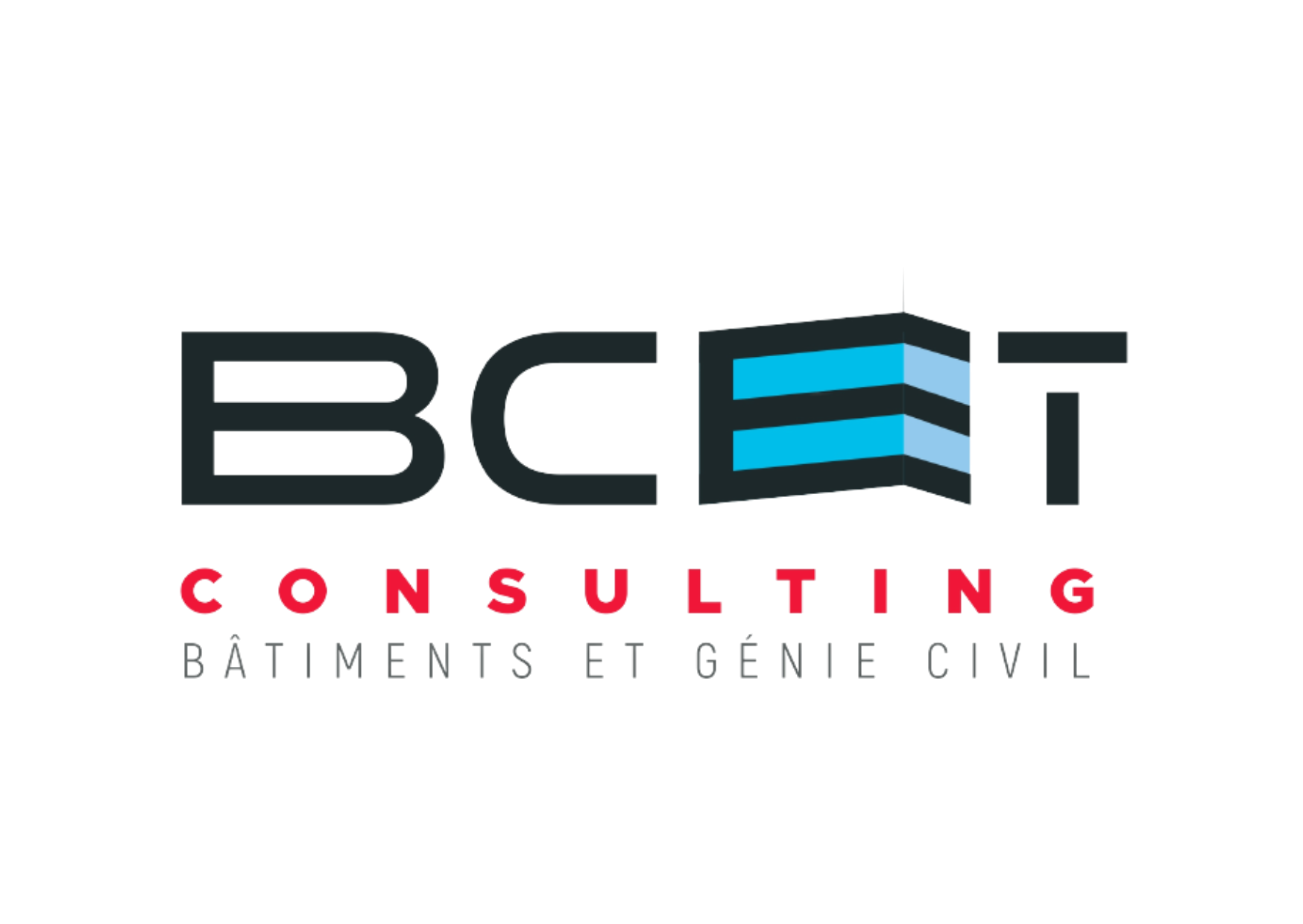The Innovation of Google Search: From Keywords to AI-Powered Answers
Following its 1998 inception, Google Search has advanced from a rudimentary keyword locator into a advanced, AI-driven answer platform. Initially, Google’s breakthrough was PageRank, which classified pages through the grade and number of inbound links. This shifted the web beyond keyword stuffing to content that garnered trust and citations.
As the internet proliferated and mobile devices spread, search usage varied. Google launched universal search to incorporate results (reports, photographs, footage) and later prioritized mobile-first indexing to depict how people essentially visit. Voice queries utilizing Google Now and soon after Google Assistant stimulated the system to translate casual, context-rich questions instead of laconic keyword combinations.
The forthcoming progression was machine learning. With RankBrain, Google embarked on parsing up until then undiscovered queries and user motive. BERT improved this by comprehending the depth of natural language—linking words, setting, and ties between words—so results more reliably corresponded to what people were trying to express, not just what they input. MUM enhanced understanding among different languages and mediums, helping the engine to connect relevant ideas and media types in more advanced ways.
At this time, generative AI is modernizing the results page. Explorations like AI Overviews consolidate information from multiple sources to produce succinct, fitting answers, repeatedly featuring citations and further suggestions. This shrinks the need to go to varied links to construct an understanding, while still leading users to more detailed resources when they want to explore.
For users, this journey leads to more immediate, more focused answers. For creators and businesses, it honors comprehensiveness, ingenuity, and understandability more than shortcuts. In the future, predict search to become ever more multimodal—effortlessly incorporating text, images, and video—and more targeted, conforming to desires and tasks. The transition from keywords to AI-powered answers is really about redefining search from identifying pages to performing work.
